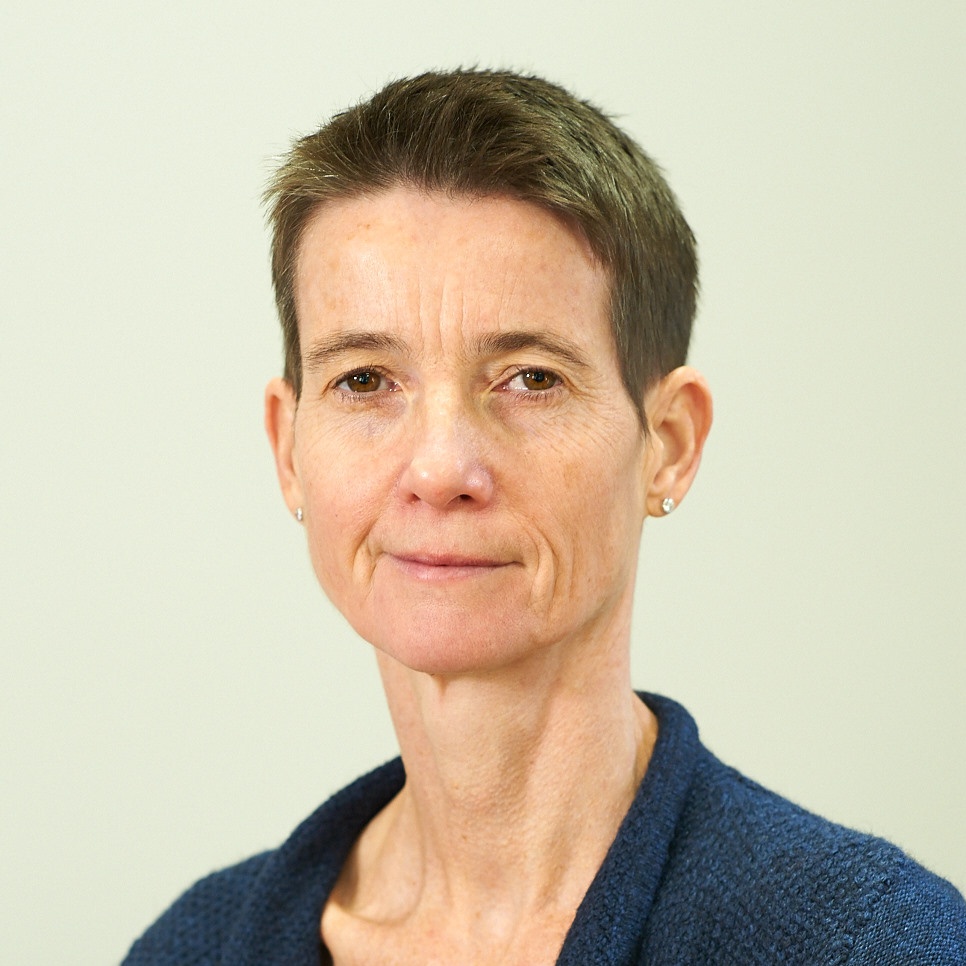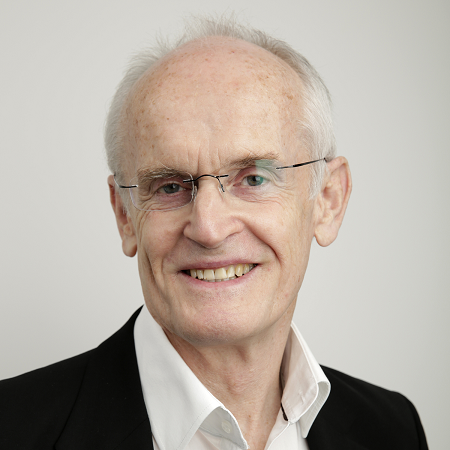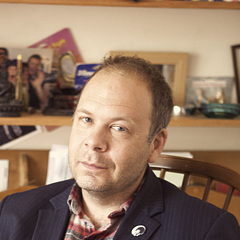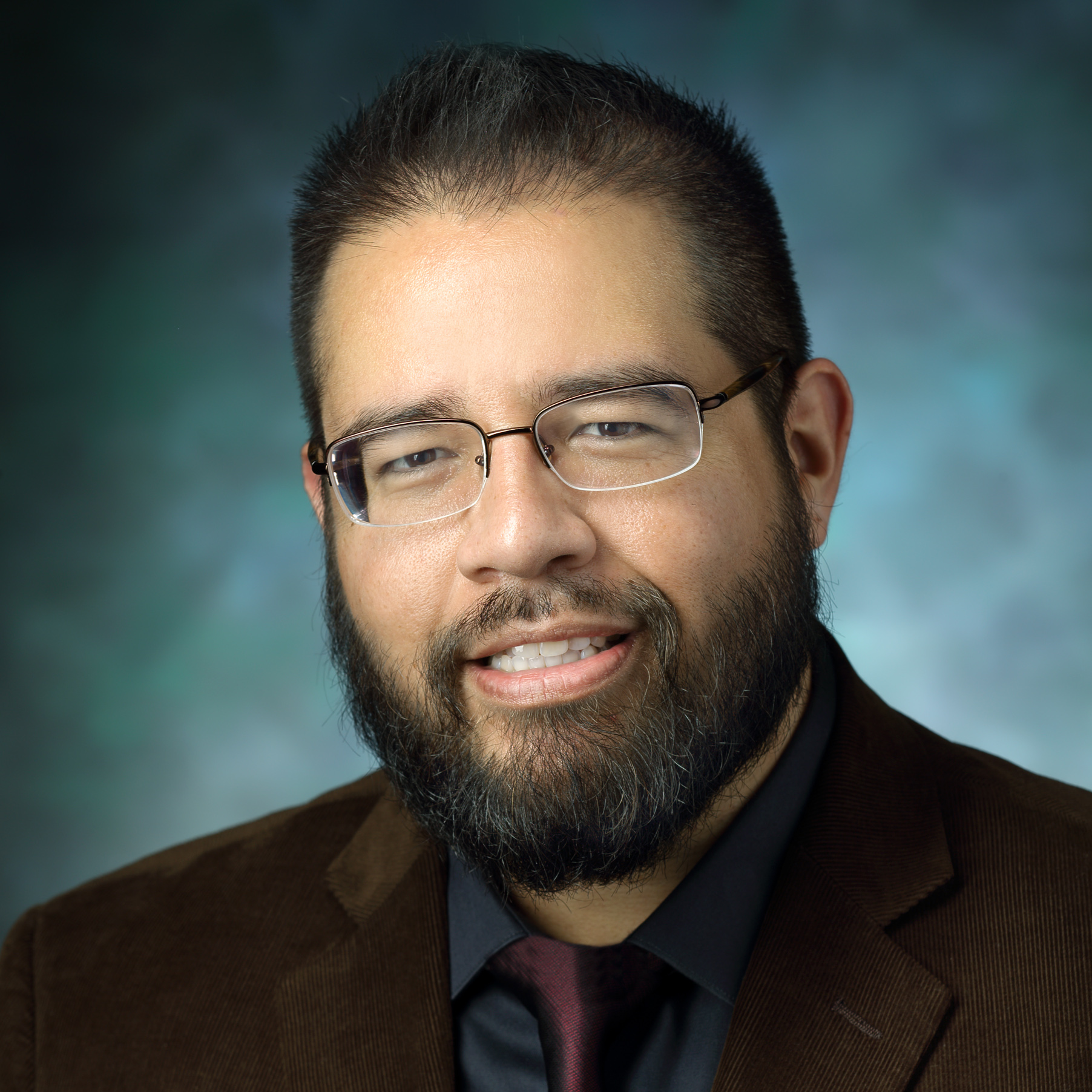SSA Annual Conference 2017
Feedback received was strongly positive about the event:
- Almost all delegates found our new ‘Addiction Debate’ an interesting and valuable feature of the Conference.
- More than 9 out of 10 agreed that they found the content of the main presentations to be of a high standard.
- More than 9 out of 10 agreed that they found the content of the main presentations to be relevant & topical.
- The same number intend to come to future SSA Conferences. A similar percentage found it a valuable networking opportunity.
Click here for Delegate Speakers’ presentations |
Click here for Delegate Posters |
|---|
Society Lecture 2017

Professor Louisa Degenhardt
The Addiction Debate 2017
This Society believes it is appropriate to expand the concept of addiction to behaviours such as internet use
Understanding Pathways to Amphetamine-type Stimulant Use
Amphetamine Type Stimulants (ATS), such as amphetamine, methamphetamine, MDMA, and some Novel Psychoactive Substances (NPS), are commonly used drugs in Europe.The presentations in this session draw on the findings from the ongoing multinational ERANID/Department of Health ‘ATTUNE’ project and N8 Policing Partnership-funded NPS work to explore different ATS use careers, with a particular focus on North East England.

Professor Eileen Kaner
The Role of Sport, Physical Activity and Exercise in Treating Addiction
Animal research suggests that exercise reduces consumption of various substances when addicted and identifies a number of possible mechanisms through neurobiological processes. The last 10-15 years has seen exponential growth in human research, from laboratory studies on effects of PA on cravings, functional brain responses, and attentional bias to relevant cues, through to large trials with various populations and outcomes. Much of the research to date has focused on nicotine addiction, but there is a rapidly growing interest in interventions to support other addictions.
Qualitative Methods Workshop
A workshop for PhD students and researchers who want to learn how best to manage and interpret textual data in a way that is transparent to others.
SSA-Funded Researchers 2017
Drug Policy & the Public Good: Overview of Findings from a New SSA Book
For the launch of its latest edition, Professor Sir John Strang will introduce the influential and highly-regarded Drug Policy & the Public Good, followed by more detailed contributions by some of its co-authors:
- Introduction to purpose and process of the new edition of ‘Drug Policy & the Public Good’ (John Strang)
- How is the drug problem vary globally, and how is it changing? (Ingeborg Rossow)
- What does the scientific evidence tell us about the effectiveness of treatment and rehabilitation? (Keith Humphreys)
- What does the scientific evidence tell us about the effectiveness of prevention? (David Foxcroft)

Professor Keith Humphreys

Professor David Foxcroft
End of Life Care For People With Substance Problems
Concern about health inequalities among people at the end of their lives has been the subject of increased policy attention. Current UK policy emphasises the importance of equality of care but little is known about whether this extends to people with problematic substance use who are often marginalised in health care provision. As the population ages and a growing number of older people present to health services with substance-related health problems, the issue of end of life care is called into focus. It raises questions about whether current services meet the needs of this population and whether resources are equally accessible to them.
The Psychedelic Renaissance in Addiction Treatment
The psychedelic group of compounds are undergoing a renaissance in the treatment of psychiatric and addictive disorders. This session provides an update on the underlying science and the latest research for psychedelic-assisted therapies as novel addiction treatments.




















